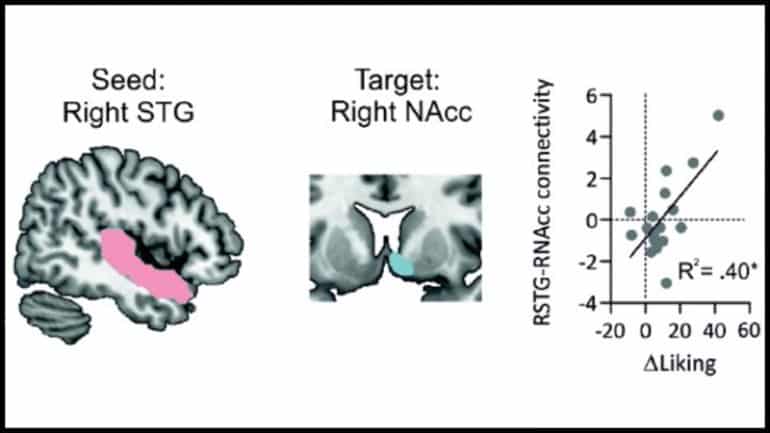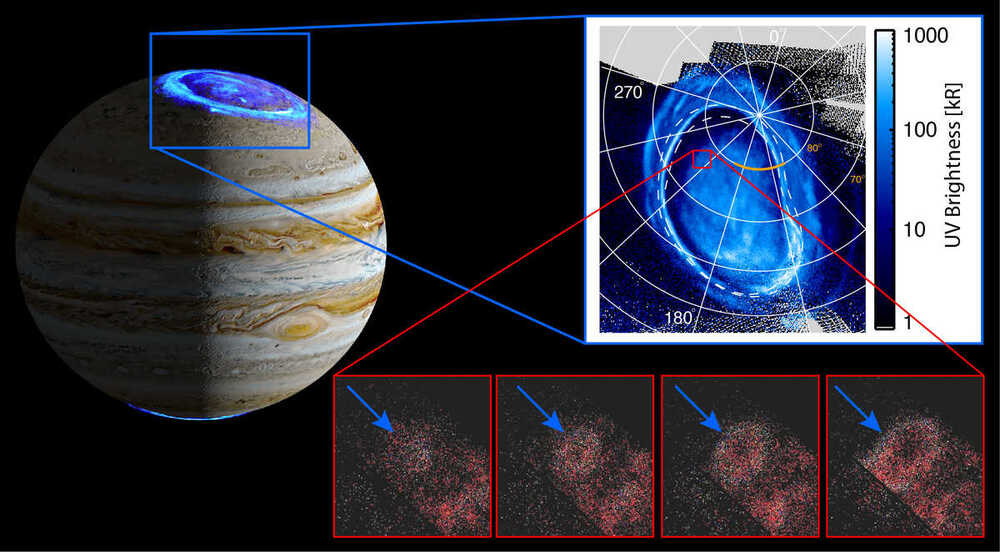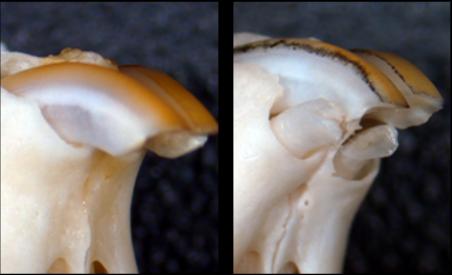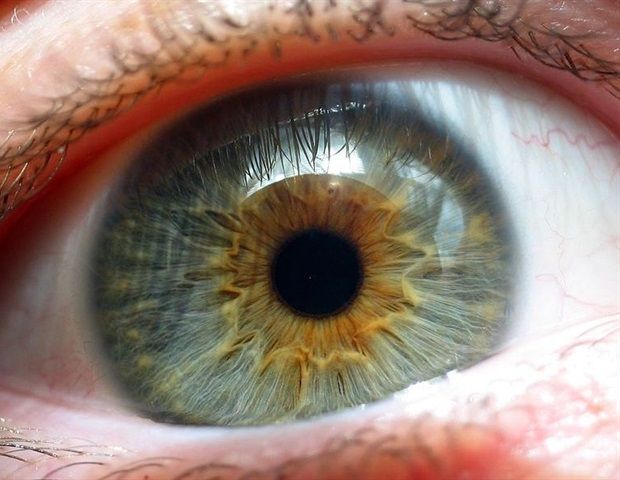Sargramostim/GM-CSF is prescribed to boost white blood cells after cancer treatments or exposure to radiation. The protein stimulates the bone marrow to make more macrophages and granulocytes, specific types of white blood cells, and progenitor cells that repair blood vessels. These white blood cells circulate throughout the body and remove cells, bacteria and amyloid deposits and also repairing blood vessels.
The team carried out a randomized, double-blind, placebo-controlled Phase II trial (NCT01409915) to test the safety and efficacy of Sargramostim treatment in participants with mild-moderate Alzheimer’s disease.
Study participants were either administered Sargramostim at the standard FDA dose of 250 μg/m2/day by subcutaneous injection, or saline for five days a week for three weeks. The study included 20 participants in the test and placebo group. Most participants in the study were recruited and treated at CU Anschutz with a few from the University of South Florida. The CU Anschutz researchers then conducted and studied multiple neurological, neuropsychological, cell, cytokine, Alzheimer’s pathology biomarkers and neuroimaging assessments.
The investigators found that short-term Sargramostim treatment increased innate and other immune cells, modulated cytokine measures, and was safe and well-tolerated by participants. They also found cognition memory improved by almost two points in the 30 point Mini-Mental State Exam. Brain amyloid, tangles, neurodegeneration, and measures of blood biomarkers of Alzheimer’s disease, all improved toward normal.









